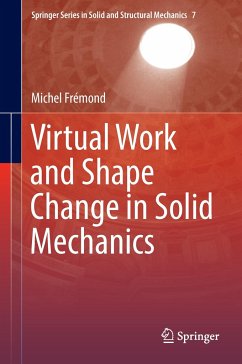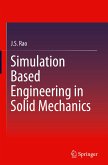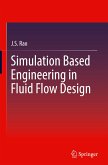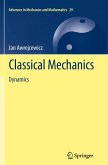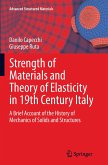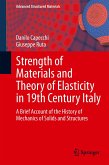This book provides novel insights into two fundamental subjects in solid mechanics: virtual work and shape change. The author explains how the principle of virtual work represents a tool for analysis of the mechanical effects of the evolution of the shape of a system, how it can be applied to observations and experiments, and how it may be adapted to produce predictive theories of numerous phenomena. The book is divided into three parts. The first relates the principle of virtual work to what we observe with our eyes, the second demonstrates its flexibility on the basis of many examples, and the third applies the principle to predict the motion of solids with large deformations. Examples of both usual and unusual shape changes are presented, and equations of motion, some of which are entirely new, are derived for smooth and non-smooth motions associated with, for instance, systems of disks, systems of balls, classical and non-classical small deformation theories, systems involving volume and surface damage, systems with interactions at a distance (e.g., solids reinforced by fibers), systems involving porosity, collisions, and fracturing of solids.
"This is a remarkable textbook on the mechanics of deformable solids pertaining to thermal intervention. ... The present work stands out for its phenomenological access to the subject in conjunction with the pertaining mathematical tools, the inductive art of tackling and exposing the arguments and for the elaboration of single tasks of general interest as well as of engineering relevance. The reader will find the text inspiring ... ." (Ioannis Doltsinis, Mathematical Reviews, March, 2019)

